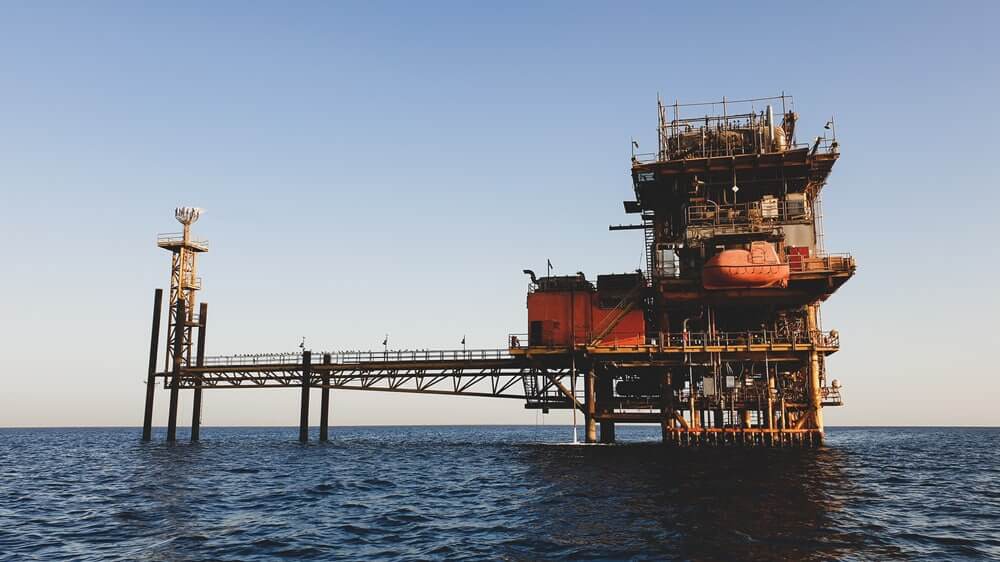Oil prices dropped early

Oil prices dropped early
Oil prices fell early Monday as investors braced for this week’s meeting of OPEC and other key producers to discuss supply changes.
By 0000 GMT, Brent crude futures had fallen 63 cents, or 0.6 percent, to $103.34 per barrel. US West Texas Intermediate crude was trading at $97.87 a barrel, down 75 cents, or 0.7 percent, from its session low of $97.55 when trading began in Asia.
On Friday, both contracts recovered more than $2 a barrel as investors’ risk appetite strengthened. However, for the first time since 2020, Brent and WTI concluded July with their second consecutive monthly declines, as increasing inflation and increased interest rates raise fears of a recession, diminishing fuel consumption.
Fuel sales to drivers in the United Kingdom are declining, while gasoline demand remains below the five-year average for this time of year. On Wednesday, the Organization of the Petroleum Exporting Countries (OPEC) and its allies, including Russia, will meet to decide on September output.
According to two of eight OPEC+ sources polled, a slight rise for September would be considered at the Aug. 3 meeting, while the rest believe output will remain stable.
At the start of August, OPEC+ has entirely unraveled the unprecedented output limits that have been in place since the Covid-19 epidemic began in 2020.
According to Kuwait’s Alrai daily, the group’s new secretary general Haitham al-Ghais reaffirmed on Sunday that Russia’s inclusion in OPEC+ is critical to the agreement’s success.
Meanwhile, according to Baker Hughes data, US oil output continued to rise in July, with the rig count growing for the 23rd month in a row.

BP sells stake in oil fields off Australia
The oil and gas company Jadestone has agreed to buy BP’s full 16.67 percent working interest in the Cossack, Wanaea, Lambert, and Hermes oil fields in Australia’s North Carnarvon basin.
Woodside Energy operates the fields, which are also known as the North West Shelf Oil Project. The project consists of 13 subsea wells fed by the Okha FPSO vessel.
The FPSO was erected at the fields in 2011 and has a processing capacity of 60,000 BPD and water management, gas processing, and reinjection facilities. The Cossack, Wanaea, and Hermes fields are in production, with total gross 2P reserves estimated to be 30.3 mmbbls.
The fields also generate associated gas, with the North West Shelf Oil Project partners having the right to use the gas required to fuel the Okha FPSO and the remaining used as feedstock in the North West Shelf LNG project.
The four fields are mid-life producing assets with significant original oil in place, estimated by Jadestone at roughly 890 mmbbls, and offer the potential for additional investment to boost recovery factors.
The deal is structured as an asset purchase, with BP owning a 16.67 percent working interest in the Cossack, Wanaea, Lambert, and Hermes fields, subsea infrastructure, an FPSO, and abandonment liabilities.
It is worth mentioning that the joint venture partners for the North West Shelf Oil project have relinquished their pre-emption rights and provided their in-principle permission for the acquisition, decreasing the transaction’s conditionality.
The acquisition will be completed subject to usual closing conditions, including regulatory approvals from the National Offshore Petroleum Titles Administrator and the Foreign Investment Review Board. Jadestone expects the purchase to close in the fourth quarter of 2022.

ECB puts oil hit to potential GDP at less than 1% over four years
On Monday, the European Central Bank stated that a permanent rise in oil prices would cut the eurozone’s potential output by less than 1% over four years, with little damage that may be mitigated further by the green transition.
Chronically higher oil costs diminish productivity and the economy’s ability to grow, creating the conditions for increased inflation.
However, empirical research on the oil shock of the 1970s demonstrates that economies can adapt over time, for example, by lowering their reliance on fossil fuels.
Using its forecasting model, the ECB discovered that a 1% increase in oil prices would diminish the eurozone’s medium-term growth potential by about -0.02 percent.
Assuming a 40% increase in oil prices over the next four years compared to 2017-20, the ECB calculated that potential output in the eurozone would be reduced by only 0.8% during that time.
It is a minor shock, which should be viewed from the perspective of the cumulative gain in potential output, which the European Commission estimates will be roughly 5.2 percent over the next four years.
The post Oil prices dropped early appeared first on FinanceBrokerage.
0 Response to "Oil prices dropped early"
Post a Comment